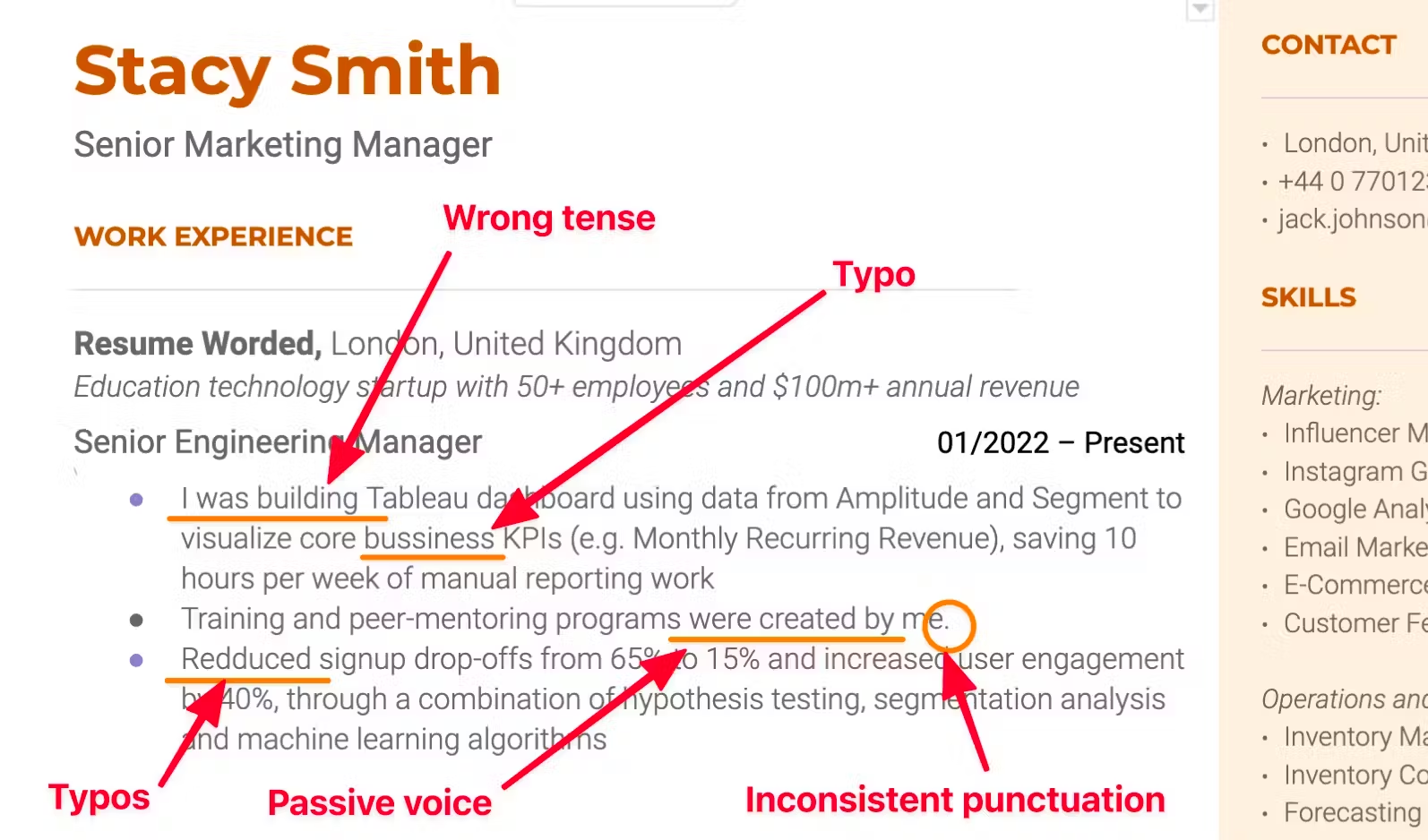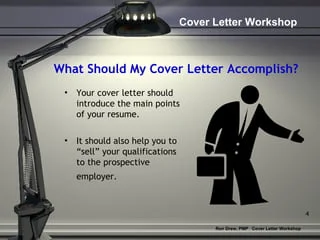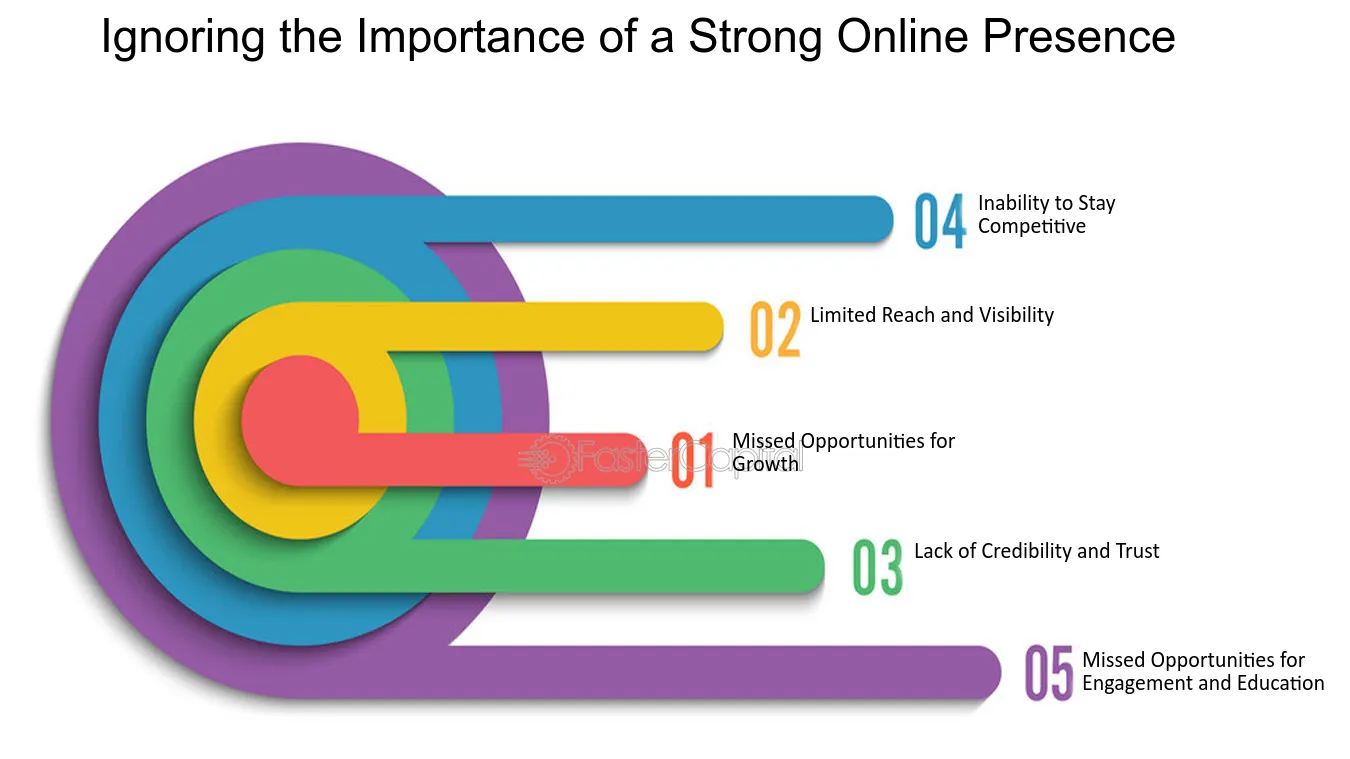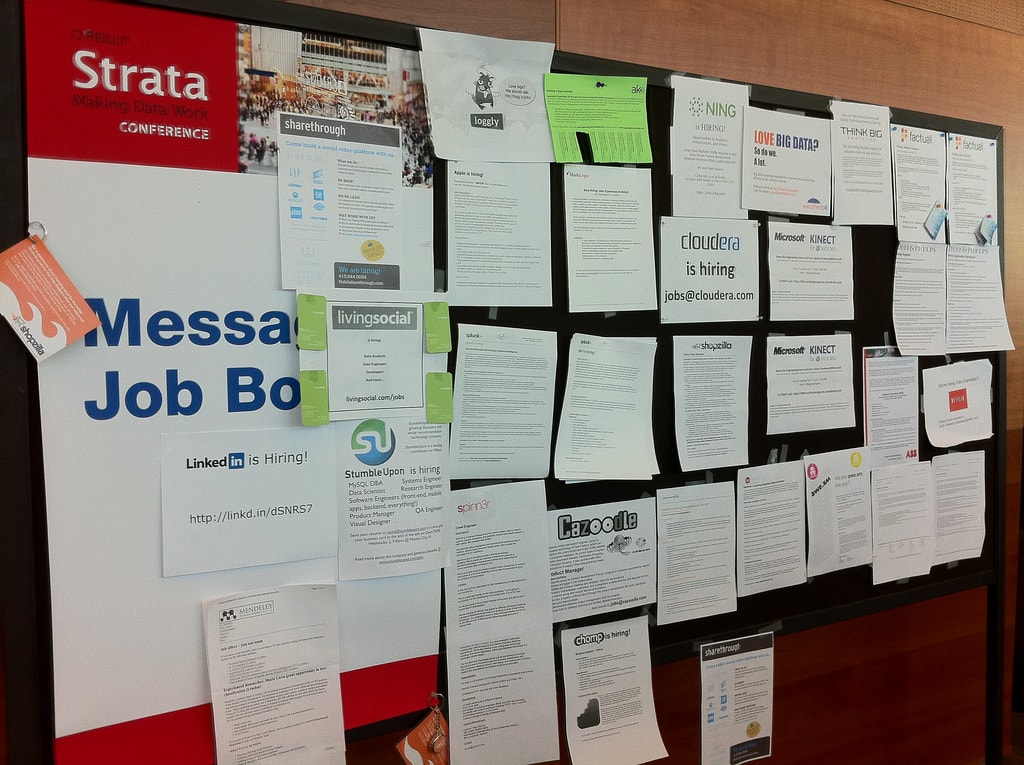Without a structured approach, job searches can feel overwhelming and unproductive. Randomly applying to jobs without understanding how your skills align with specific roles reduces your chances of success. A focused strategy ensures you target the right roles and industries, maximizing your effort and time.
Your resume is a marketing tool, not just a document. A generic or cluttered resume makes it hard for recruiters to see your value. Use a clean format and emphasize accomplishments over duties. A strong resume tells your story in a way that makes hiring managers want to know more about you.
Mass applications may feel efficient, but they rarely succeed. Employers want to see why you are specifically interested in their role. Highlighting how your skills directly solve their problems creates a compelling narrative, making you stand out from candidates who use generic templates.
A cover letter is your personal pitch—it’s where you can show passion and explain how you align with the company’s goals. A weak or overly formal cover letter feels disengaged. Writing a dynamic, personalized letter helps you establish a connection with the hiring manager before they even meet you.
Your digital footprint reflects your professional identity. An incomplete LinkedIn profile or unprofessional social media content can hurt your credibility. Keep your online profiles updated, showcasing your achievements, skills, and recommendations. Employers often check these platforms to learn about candidates beyond their resumes.
Walking into an interview unprepared shows a lack of commitment. Researching the company, understanding the role, and preparing thoughtful answers demonstrate your interest and enthusiasm. Preparation helps you confidently articulate your value, leaving a lasting impression.
After an interview or application, silence can be misinterpreted as disinterest. A simple thank-you email shows appreciation and reinforces your interest. Following up tactfully keeps you on the employer’s radar and can even set you apart from other candidates.
Seeking roles that don’t match your experience or setting overly ambitious salary demands can lead to missed opportunities. Balance ambition with practicality, and consider roles that allow you to grow. Employers appreciate candidates with realistic goals who show potential for development.
Feedback, whether requested or not, is invaluable for growth. Ignoring constructive criticism from recruiters or interviewers can result in repeated mistakes. Use feedback as a guide to refine your approach, be it tweaking your resume, improving your communication skills, or adjusting your strategy.
Many great opportunities exist outside online listings. Over-relying on job boards limits your reach. Directly contacting companies, joining industry groups, or leveraging your network exposes you to the hidden job market where countless positions remain unadvertised.
The job market rewards those who evolve. If your skills feel outdated, invest in relevant courses or certifications. Demonstrating an eagerness to learn shows employers you’re committed to staying current and adds value to your profile.
Rejections and delays are common, but giving up too soon can prevent you from finding the right opportunity. Consistent effort—like daily applications, networking, and self-improvement—keeps your momentum strong and your chances high. Patience and persistence are critical in navigating this journey.











